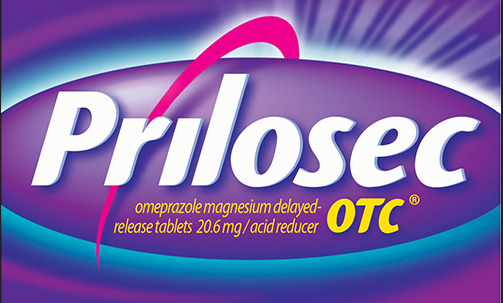 Numerous Proton Pump Inhibitor lawsuits have been filed in recent years. Proton Pump Inhibitors (PPIs), which inhibit the body’s production of gastric acid, are one of the most popular OTC drugs available, and are used commonly to treat conditions like acid reflux and heartburn. It is estimated the $14 billion are spent on PPIs each year.
Numerous Proton Pump Inhibitor lawsuits have been filed in recent years. Proton Pump Inhibitors (PPIs), which inhibit the body’s production of gastric acid, are one of the most popular OTC drugs available, and are used commonly to treat conditions like acid reflux and heartburn. It is estimated the $14 billion are spent on PPIs each year.
The first Proton Pump Inhibitor lawsuits claimed that PPI’s contributed to bone fractures and related conditions by inhibiting the ability to absorb calcium. The most serious claims, filed over the last couple of years, are that PPI’s can cause serious kidney conditions. Plaintiffs claim that manufacturers failed to inform and misled the public about the risks associated with the drugs.
In response to adverse condition reports the FDA has issued several directives to manufacturers. In 2010 the FDA ordered manufacturers to add a warning to PPI packaging about calcium absorption. Four years later, in 2014, the FDA required PPI manufacturers to add warnings to product labels about the risk of acute interstitial nephritis, a potentially serious kidney condition.
PPIs include some of the most recognizable brand names in pharma and products named in lawsuits include Nexium, Prevacid and Prilosec. The manufacturers named in suits include Pfizer, AstraZeneca, Takeda and Procter & Gamble.
Multidistrict Litigation in Proton Pump Inhibitor Lawsuits
As of August 2017 there are 194 cases pending under Multidistrict Litigation (MDL) (IN RE: Proton-Pump Inhibitor Products Liability Litigation (No. II) – MDL 2789) in federal court in the District of New Jersey. Abilify cases were combined for the purpose of MDL in August 2017 to simplify and consolidate the litigation process.
Cases from around the country may be combined in a single court and judge in multidistrict litigation in order to combine and simplify pretrial discovery. If the cases are not settled or dismissed the presiding judge and parties involved may choose one or more representatives case to litigate. These “bellwether” cases offer guidance to other plaintiffs about if and how to continue.
At the time of the consolidation into MDL there were 161 wrongful death cases in litigation. The panel approving the consolidation noted, “In the complaints in these 161 personal injury and wrongful death actions, plaintiffs allege that as a result of taking one or more proton-pump inhibitors (PPIs), they or their decedents suffered kidney injury (e.g., chronic kidney disease (CKD), acute interstitial nephritis, end stage renal 3 disease, or kidney failure). Plaintiffs allege that defendants failed to adequately warn of the negative effects and risks associated with PPIs.”
This is the second time that application was made for consolidation of the PPI cases into MDL. The first application failed in February 2017 because the panel ruling on consolidation found that there were various kidney ailments claimed, a variety of different defendants and a variety of products. In this instance, the panel determined that the growing number of cases with similar claims and the growing complexity of the litigations now merited consolidation into an MDL
Proton Pump Inhibitor Uses
The FDA approved its use in 2002. It has several listed and approved uses:
-
- Barrett’s esophagus
- Eosinophilic esophagitis
- Stress gastritis and ulcer prevention in critical care
- Gastrinomas and other conditions that cause hypersecretion of acid including Zollinger–Ellison syndrome (often 2–3x the regular dose is required)
- Dyspepsia
- Peptic ulcer disease including after endoscopic treatment for bleeding
- As part of Helicobacter pylori eradication therapy
- Gastroesophageal reflux disease (GERD or GORD) including symptomatic endoscopy-negative reflux disease and associated laryngopharyngeal reflux causing laryngitis and chronic cough
The first PPI, Prilosec, was approved for use by the FDA in 1989. Today more than 20 million people use over a dozen forms of the medication. OTC versions are approved for acid reflux and heartburn. Prescription forms may be prescribed for ulcers and the other uses described above.
